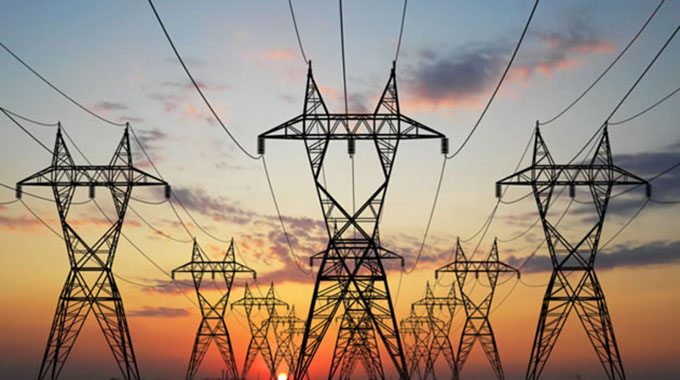Zera licenses 51 IPPs

Walter Mswazie recently in BIKITA
THE Zimbabwe Energy Regulatory Authority (ZERA) has licensed 51 independent power producers (IPPs) in the last five years in a bid to boost electricity generation in the country.
Most of the licensed IPPs are at different stages of operations, with some being affected by the obtaining foreign currency shortages while others are already feeding power into the national grid.
This was said by Zera acting chief executive Engineer Eddington Mazambani last week in an interview on the sidelines of the Zonful Power Energy programme launch held in Bikita.
“As an authority that regulates all energy production in the country, we have licensed 51 power producers to generate electricity in the last five years,” said Eng Mazambani.
“This year, we look forward to license 12 more entities. In 2018 we licensed 11 independent power producers.
“For Masvingo, apart from Tugwi –Mukosi, we have licensed other three independent power producers for Lake Mutirikwi, Nuanetsi which had some contestations but now ready to start, and the Mkwasine project in Chiredzi district.”
Zera expects the company licensed to establish a 5MW hydro power plant at Tugwi-Mukosi Dam in Masvingo to start on the project before year end.
Eng Mazambani said some the licensed projects include Duru Mini Hydro (2,20MW), Green Fuel (18,30MW), Nyamingura Mini Hydro (1,10MW), Hippo Valley Estates (33MW), Triangle Estates (45MW) and Pungwe Power Station (19MW).
He explained that most of the projects were located in Manicaland since mountainous terrains are ideal for mini-hydro power stations.
Eng Mazambani said the Lake Mutirikwi project was progressing at a snail’s pace owing to a number of teething challenges including the tariff issue. Some investors say the average tariff of USc9,86 per kilo Watt hour (kWh) tariff does not make power projects viable.
However, Eng Mazambani said they have since resolved the tariff issue with the Lake Mutirikwi investor.
Said Eng Mazambani: “Most of these projects are taking longer to be implemented because the civil works are capital intensive. In some cases, there are issues to do with accessing foreign currency due to restrictive measures that our country is subjected to.
“In addition, we also had challenges on tariff rates with an investor who wants to construct a 5MW plant at Lake Mutirikwi. However, we have managed to resolve some the issues and everything is back on track.”
Zera says IPPs contribute 137,08 Gigawatt hours to the national grid.
Turning to solar power initiatives, Eng Mazambani said Zonful Power Energy has improved access to renewable energy to rural communities, a move expected to also address the country’s power deficit.
Zimbabwe’s demand for power stands at about 1 600MW but the country was producing 995MW as at yesterday.
Kariba was generating 527MW, Hwange (450MW), Bulawayo (18MW) while Harare and Munyati were not generating.
Government plans to thrash a deal with Mozambique that will see Harare getting more power from Maputo.
Previously, Mozambique’s power utility, Hidroeléctrica de Cahora Bassa (HCB), supplied 50MW to Zimbabwe while about 300MW came from South Africa’s Eskom.











Comments